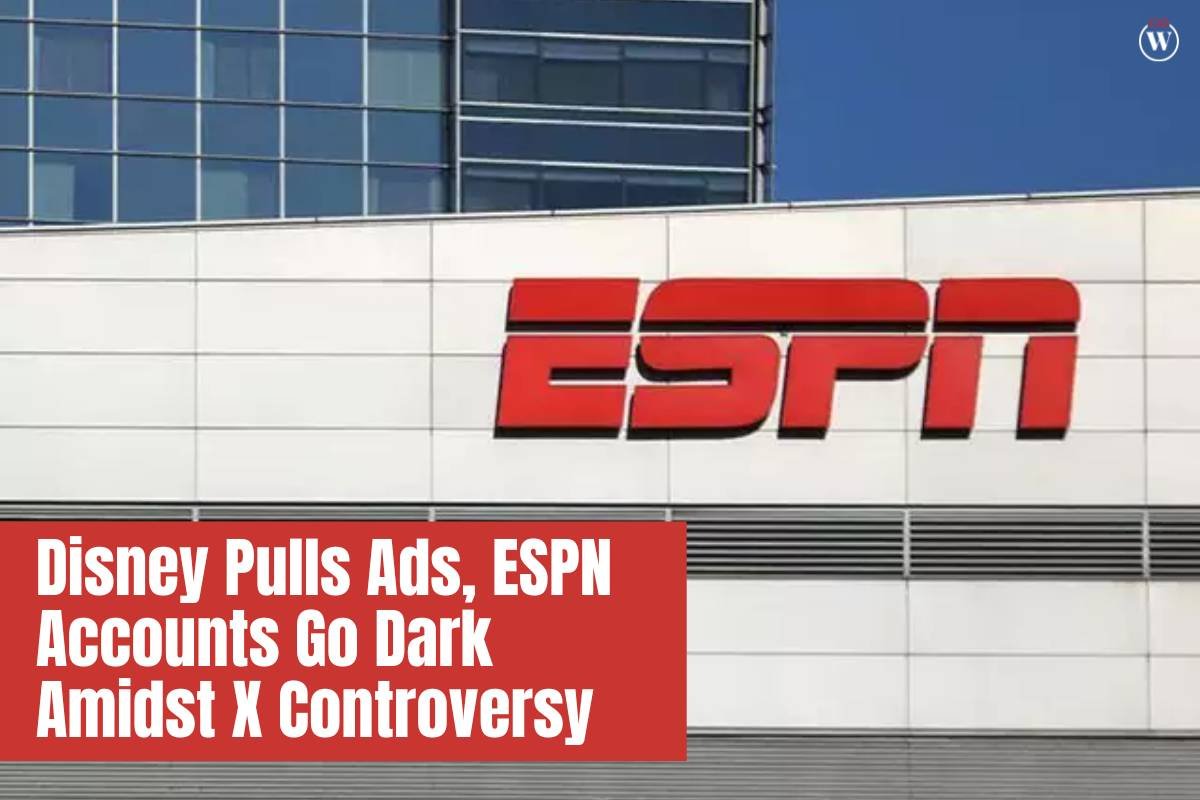In a surprising move, Disney announced on Friday that it would cease advertising on X, the social media platform formerly known as Twitter. The decision came in the wake of controversial posts by X’s owner, Elon Musk, who expressed agreement with antisemitic and white power accounts. The fallout was immediate, with a noticeable halt in activity across most of ESPN’s accounts on the platform. Notably, the main ESPN account, boasting nearly 50 million followers, NBA on ESPN, First Take, NFL on ESPN, ESPN Plus, and others, refrained from posting, replying, or liking content since at least Friday.
Major Advertisers Follow Suit as Concerns Rise
While a few accounts exhibited sporadic activity, the majority of ESPN’s prominent profiles maintained radio silence. Other Disney-owned accounts, including Marvel Entertainment, joined the muted response. Disney’s decision to pull ads on X aligned with a broader trend, with major advertisers like Apple, Warner Bros. Discovery, IBM, and Comcast/NBCUniversal following suit. The exodus stemmed from concerns raised by the nonprofit Media Matters, which highlighted Musk’s contentious posts and the placement of advertisements adjacent to content celebrating the Third Reich and Adolf Hitler.
Symbolic Impact on X’s Sports Discourse and ESPN’s Alternatives
X, a hub for sports discussions, faced a symbolic blow with ESPN’s accounts going dark. Although discussions on sports, including NFL football, college basketball, and Formula 1, continue, the absence of ESPN’s influential posts is palpable. ESPN, with its massive following on the platform, plays a significant role in shaping conversations. The void left by Disney’s move is felt not only on X but also on Meta’s Threads, where ESPN’s primary account has been inactive for weeks. However, the network remains active on Meta’s other platforms, Instagram and Facebook, highlighting the dynamic nature of social media engagement.
As the controversy unfolds, the impact on X’s future remains uncertain. Meanwhile, discussions around potential alternatives, such as Meta’s Threads, and the evolving landscape of real-time conversation features, including hashtag testing in Australia, underscore the ongoing challenges and shifts in social media dynamics. The fallout from this incident raises questions about the delicate balance between freedom of expression and responsible content moderation on prominent online platforms. In an era where social media plays a pivotal role in shaping public opinion, the incident serves as a stark reminder of the power dynamics at play and the potential consequences for platforms and advertisers alike.









